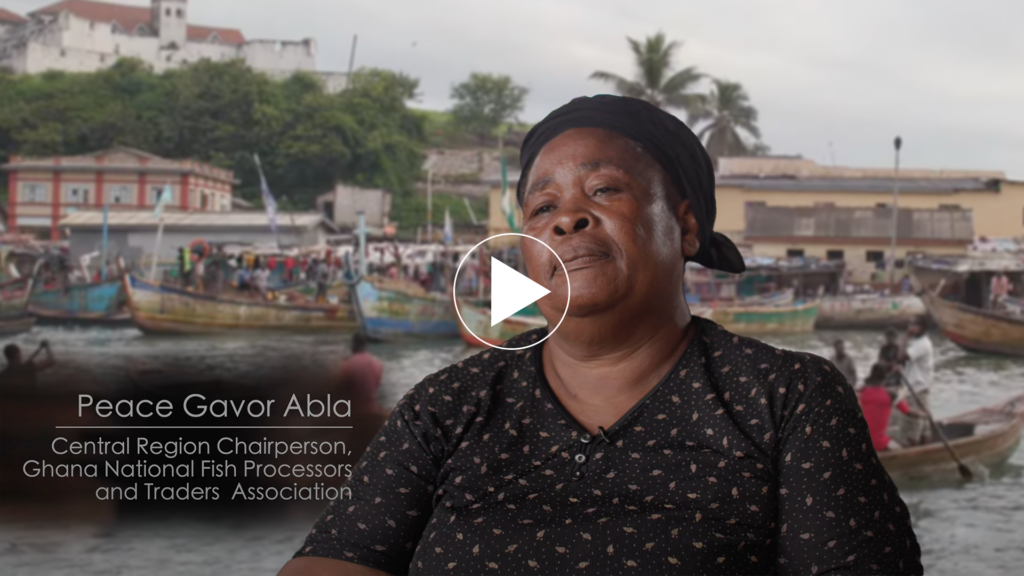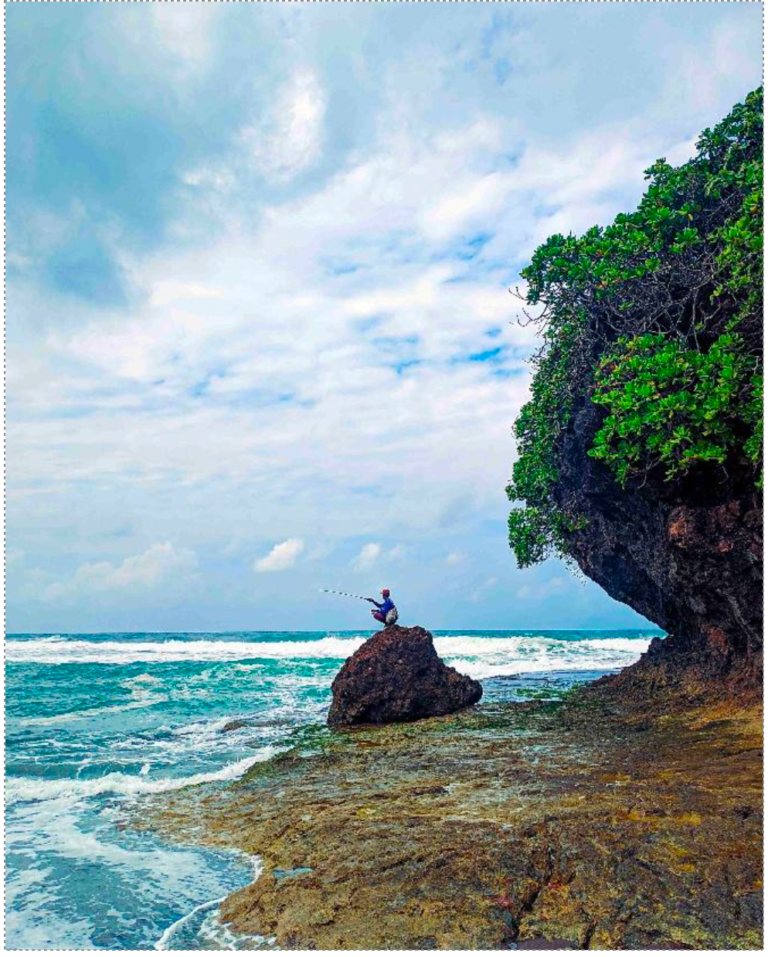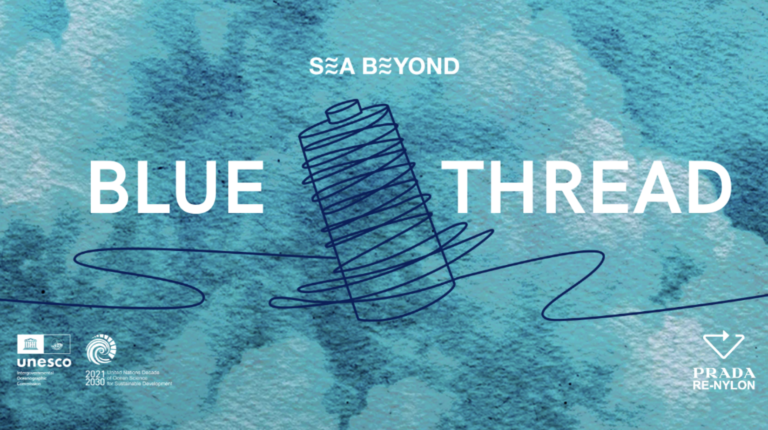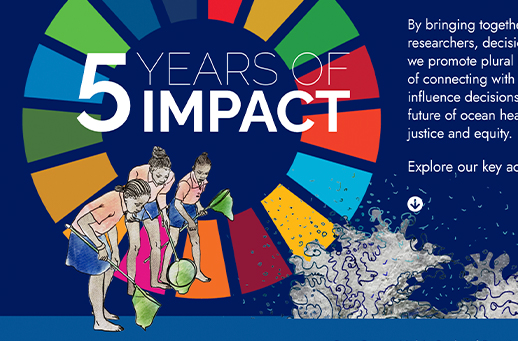Fair and inclusive decision-making for a healthy ocean whereby people and planet flourish.

the hub’s 5 years of impact
Latest News from One Ocean Hub
New e-course on Art and Ocean Governance launched on the UN CC: Learn platform
The ‘Art and Stewardship of the Ocean’ e-course joins the UNCC: Learn platform as it hits 1M users
Hub Knowledge Associate becomes the Founding Member of the UNESCO IOC Blue Thread Initiative
celebrating 5 years of impact
tune in to our latest podcast

In the sixth episode of the One Ocean Hub podcast, Hub researcher Alana Malinde Lancaster (University of West Indies, Barbados) and Hub early-career researcher Lysa Wini (University of Strathclyde, UK) discuss how the colonial pasts shape present issues in ocean governance in an island context. From the viewpoint of Solomon Islands where Lysa comes from and where her research focus is; and the Caribbean, where Alana lives and centres her work around, the speakers reflect on policies that govern Small Island Developing States (SIDS) and the impact of the colonial past on present-day people and policies. Alana and Lysa dwell on the challenges that the lack of access to ocean-related decision-making fora pose for SIDS and discuss the Indigenous ways of knowing and (post)colonial knowledge extraction. The episode is hosted by the Hub’s Knowledge Exchange Associate Milica Prokic.
KNOWLEDGE-TRANSLATION PLATFORM: ONE OCEAN LEARN

One Ocean Learn is an online platform which aims to support global capacity building by translating ocean knowledge into action-oriented learning for activists, communities, development practitioners, policymakers and researchers on the ways in which global, national and local communities depend on and relate to the ocean, coastal areas and marine life.
Launched in June 2022 at the UN Ocean Summit, One Ocean Learn is a joint undertaking between the One Ocean Hub and the Green Development and Climate Change Programme Unit of the United Nations Institute for Training and Research (UNITAR).
featured videos from the hub


Visit our youtube channel for more short films, webinar recordings and documentaries!
Explore where we work
The ocean covers over 70% of our planet. It connects communities, countries and cultures in space and time.
Explore the map to see where we work.






